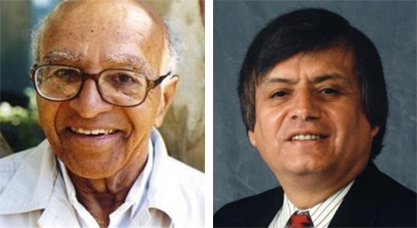Programs & Events
Summer@ICERM 2024: Mathematical Models to Predict, Prepare, and Prevent
Jun 10 - Aug 2, 2024
Mathematical modeling allows researchers to address questions and test hypotheses that may not be feasible to study otherwise. The Summer@ICERM 2024 faculty advisors will present a variety of research projects centered around approaches to using mathematical modeling for making predictions and determining associated preparations and necessary preventions in the fields of epidemiology, precision nutrition, and sports analytics. Faculty will guide the development of appropriate models and computational tools that can aid in answering fundamental questions in these fields.
During the eight-week program, students will be introduced to the research topics through interactive lectures. Afterward, students will work on their projects in assigned groups of two to four, supervised by faculty advisors and aided by teaching assistants. Students will meet daily; give regular talks about their findings; attend mini-courses, guest talks, and professional development seminars; and practice coding.... (more)
Organizing Committee
- Amanda Harsy Ramsay
- Adam Schultze
- Brittany Stephenson
- Cara Sulyok
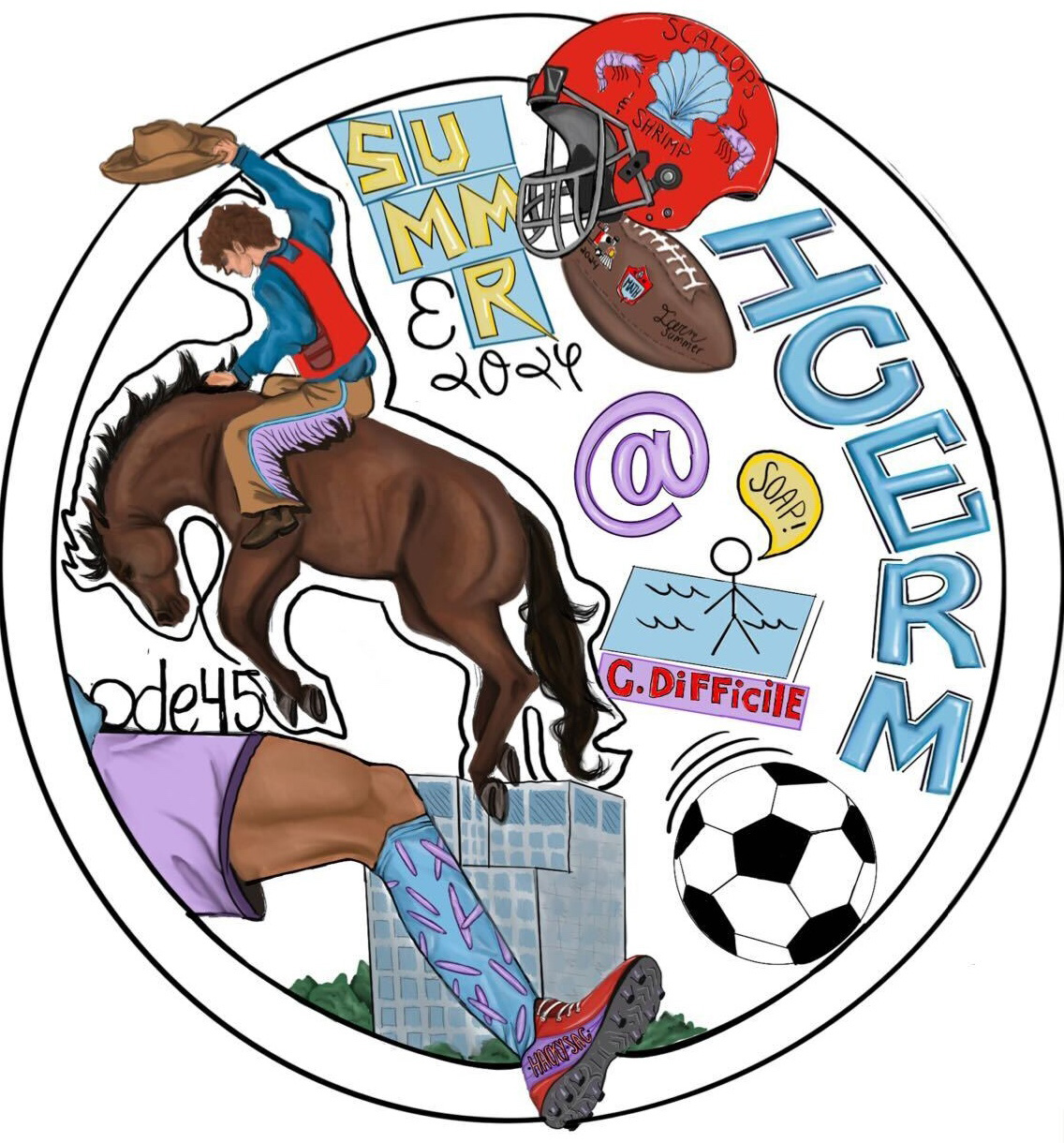
Empowering a Diverse Computational Mathematics Research Community
Jul 22 - Aug 2, 2024
The goal of this two-week research and professional development workshop is to support the retention and success of junior and mid-career computational mathematicians who are from groups that are underrepresented in the field. Participants will forge strong collaborations in mentored research groups and engage in professional development via no-lead learning communities. The larger goal of the workshop is to form a positive, diverse community of researchers who are committed to supporting each other’s professional and scholarly growth.
In research teams led by experienced mentors, participants will be introduced to cutting-edge opportunities in numerical analysis and scientific computing, and will actively work on and contribute to a research project with their team. The supportive formal and informal mentoring will help participants grow their scientific and collaborative skills. In addition, the collaborative learning communities will provide the participants with a forum for... (more)
Organizing Committee
- Vrushali Bokil
- Sigal Gottlieb
- Fengyan Li
- Suzanne Weekes

Simulating Extreme Spacetimes with SpEC and SpECTRE
Aug 5 - 9, 2024
A new era of astronomical observation was announced in 2016 when the first-ever detection of gravitational waves from a binary black hole system occurred. Gravitational waves encode detailed information about the astrophysical systems they emerge from and complement what can be learned through traditional light-based observation.
Gravitational wave science requires high-fidelity numerical simulations of the expected merger events. The Simulating eXtreme Spacetimes (SXS) collaboration has managed the development of two distinct codes for this purpose: (i) the Spectral Einstein Code (SpEC) based on pseudospectral methods, and (ii) an open-source code SpECTRE, an hp-adaptive discontinuous Galerkin scheme that also includes a sub-cell finite volume scheme in regions of strong shock formation that is ideally suited for multi-scale, multi-physics problems. SpECTRE targets problems in multi-messenger astrophysics, including neutron star mergers, core-collapse supernovae, and gamma-ray... (more)
Organizing Committee
- Katerina Chatziioannou
- Nils Deppe
- Scott Field
- Lawrence Kidder
- Geoffrey Lovelace
- Mark Scheel
- Leo Stein
- Saul Teukolsky
- Nils Vu
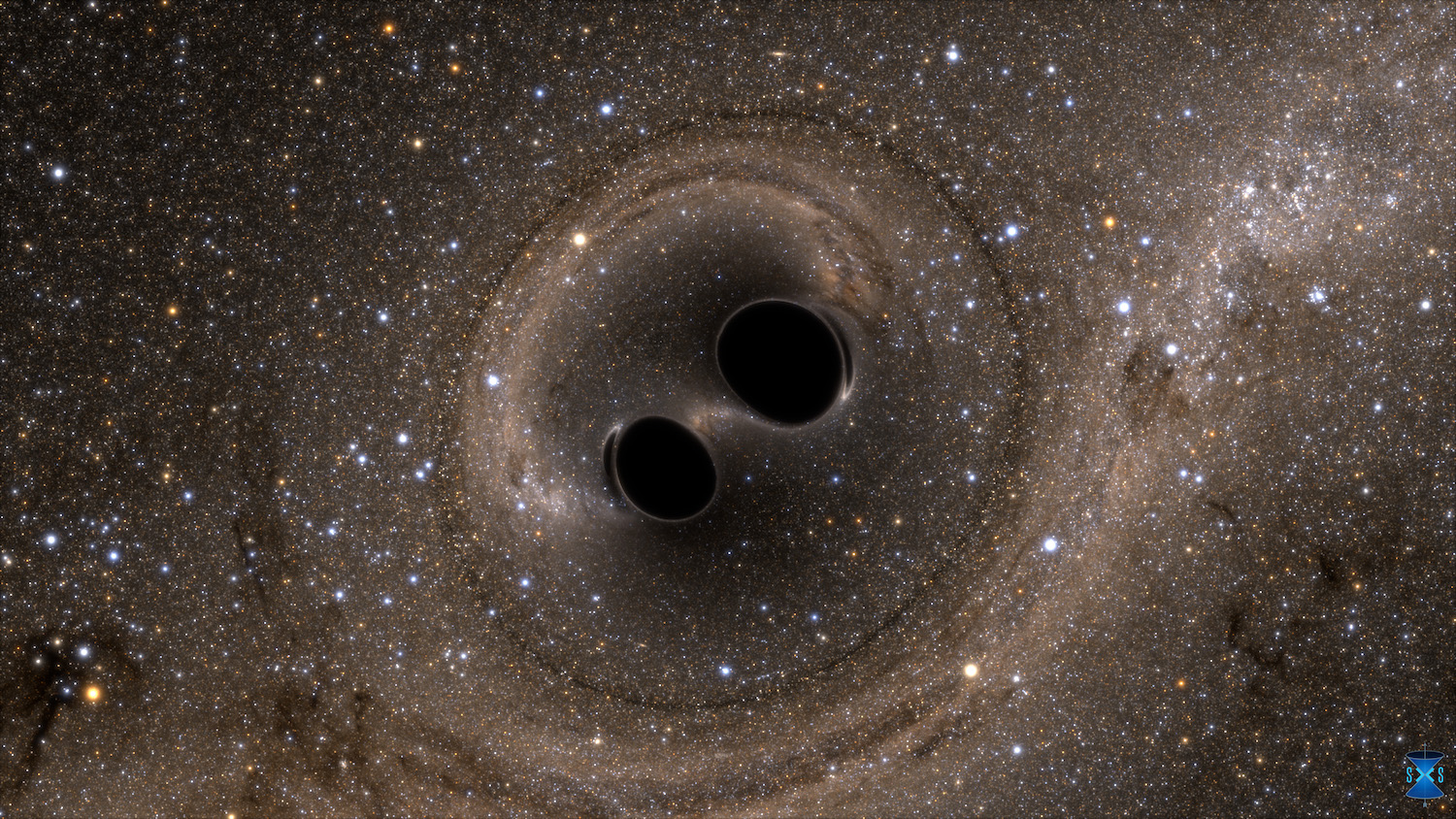
GirlsGetMath@ICERM: Summer Math Camp for High School Students
Aug 12 - 16, 2024
GirlsGetMath@ICERM is a five-day non-residential mathematics program that is open to high schoolers, regardless of gender, who live in or near greater Rhode Island and who will be entering the 10th or 11th grade in the fall of 2024.
GirlsGetMath occurs in an encouraging environment that builds young students' confidence in math and science.
GirlsGetMath expands participants' understanding and knowledge of mathematics through computations and experimentations.
GirlsGetMath provides expert mathematical training and mentoring.
GirlsGetMath@ICERM encourages 20-25 high schoolers to explore topics such as cryptography, the mathematics of voting, image processing, prime numbers and factoring, fractals, matrices, vectors, and data science.
The goals of the program are:
- to show young adults that the study... (more)
Organizing Committee
- Amalia Culiuc
- Anarina Murillo
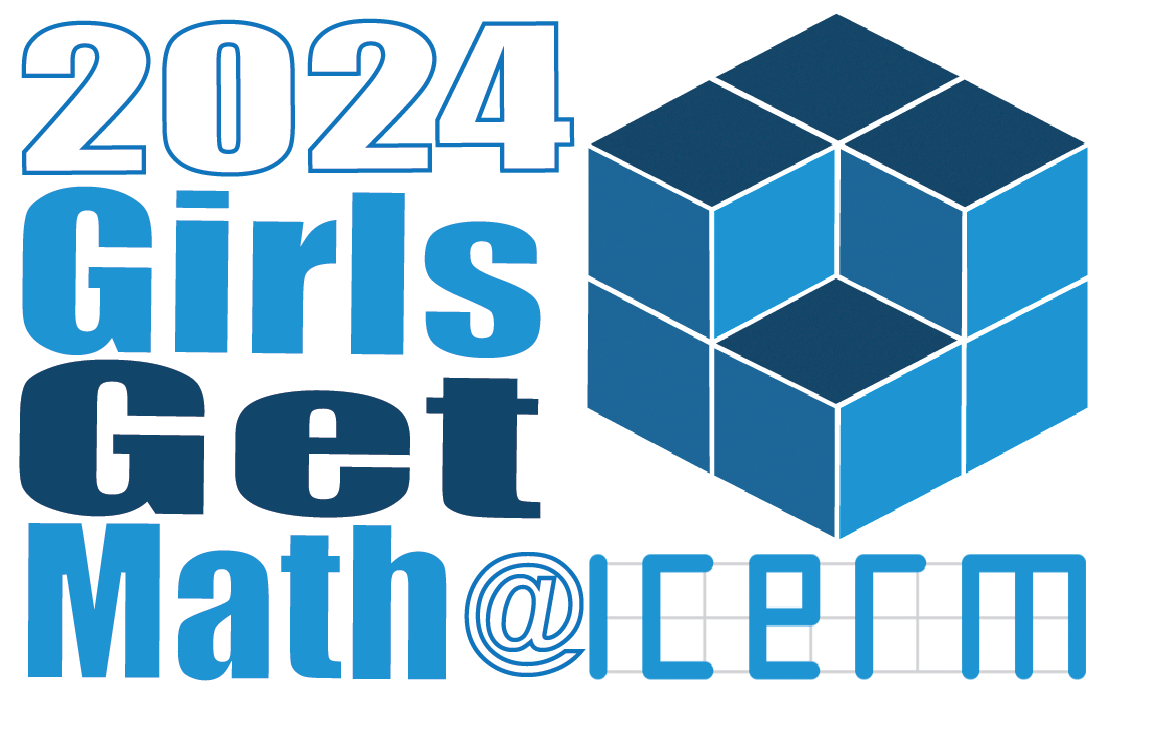
Spectral Analysis of Schrödinger Operators
Aug 19 - 23, 2024
The central theme of this workshop is the analysis and computation of Schrödinger operators and applications to nonlinear problems in several areas of Mathematical Physics, Analysis of Partial Differential Equations, Quantum Chemistry, and more. The simplest, most basic example, of such an operator is of the form H = −∆+V on an appropriate Hilbert space, and their Dirac analogues.
Many problems in Quantum Physics and Chemistry require a precise understanding of the spectra of Schrödinger operators, H = −∆ + V, for various classes of potentials V (x), and in various regimes, especially in the semi-classical and adiabatic ones. The analysis entails determining eigenvalues and eigenvectors and more generally the evolution generated by H, the study of wave operators, and of the “distorted Fourier transform†and its mapping properties. All of these can be interpreted as diagonalization procedures which are especially delicate for non-selfadjoint operators that can arise as... (more)
Organizing Committee
- Jianfeng Lu
- Benoit Pausader
- Fabio Pusateri
- Wilhelm Schlag
- Israel Michael Sigal
- Ebru Toprak
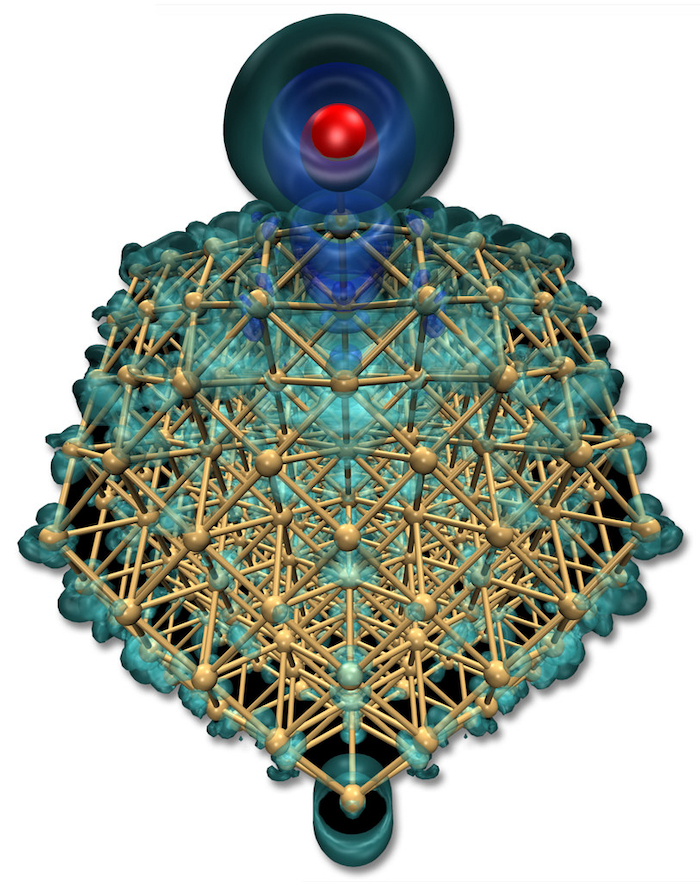
Discrete Optimization: Mathematics, Algorithms, and Computation
Aug 26 - 30, 2024
This reunion workshop will bring together participants from ICERM's Spring 2023 Discrete Optimization Semester Program and researchers with related interests. Participants will discuss recent advances and catalyze new collaborations related to combinatorial optimization and mixed-integer linear and non-linear optimization.
The Spring 2023 Semester Program at ICERM explored unsolved fundamental questions in discrete optimization and connected areas of mathematics, computer science, and data analytics.
Organizing Committee
- Jesús De Loera
- Antoine Deza
- Marcia Fampa
- Volker Kaibel
- Jon Lee
- Laura Sanità
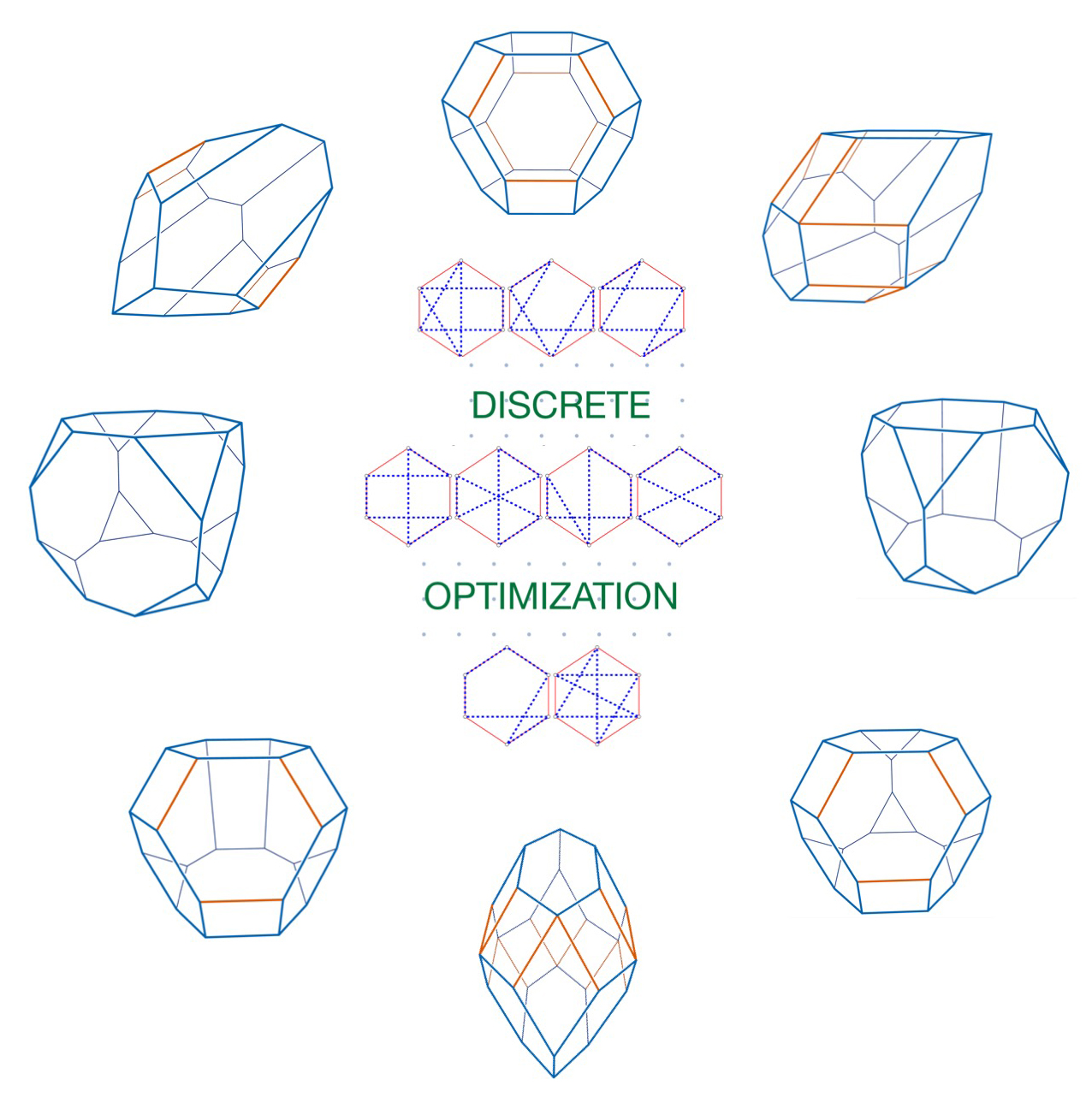
Theory, Methods, and Applications of Quantitative Phylogenomics
Sep 4 - Dec 6, 2024
A fundamental challenge that spans nearly all areas of evolutionary biology is the development of effective techniques for analyzing the unprecedented amount of genomic data that has become readily available within the last decade. Such data present specific challenges for the area of phylogenetic inference, which is concerned with estimating the evolutionary relationships among collections of species, populations, or sequences. These challenges include development of evolutionary models that are sufficiently complex to be biologically realistic while remaining computationally tractable; deriving and implementing algorithms to efficiently estimate phylogenetic relationships that use models whose theoretical properties are well-understood and therefore interpretable; and devising ways to scale novel methodology developed to handle datasets that are increasingly large and complex.
This semester program brings together mathematicians, statisticians, computer scientists, and experimental... (more)
Organizing Committee
- Elizabeth Allman
- Cécile Ané
- Elizabeth Gross
- Barbara Holland
- Laura Kubatko
- Simone Linz
- Siavash Mirarab
- John Rhodes
- Sebastien Roch
- Leo van Iersel
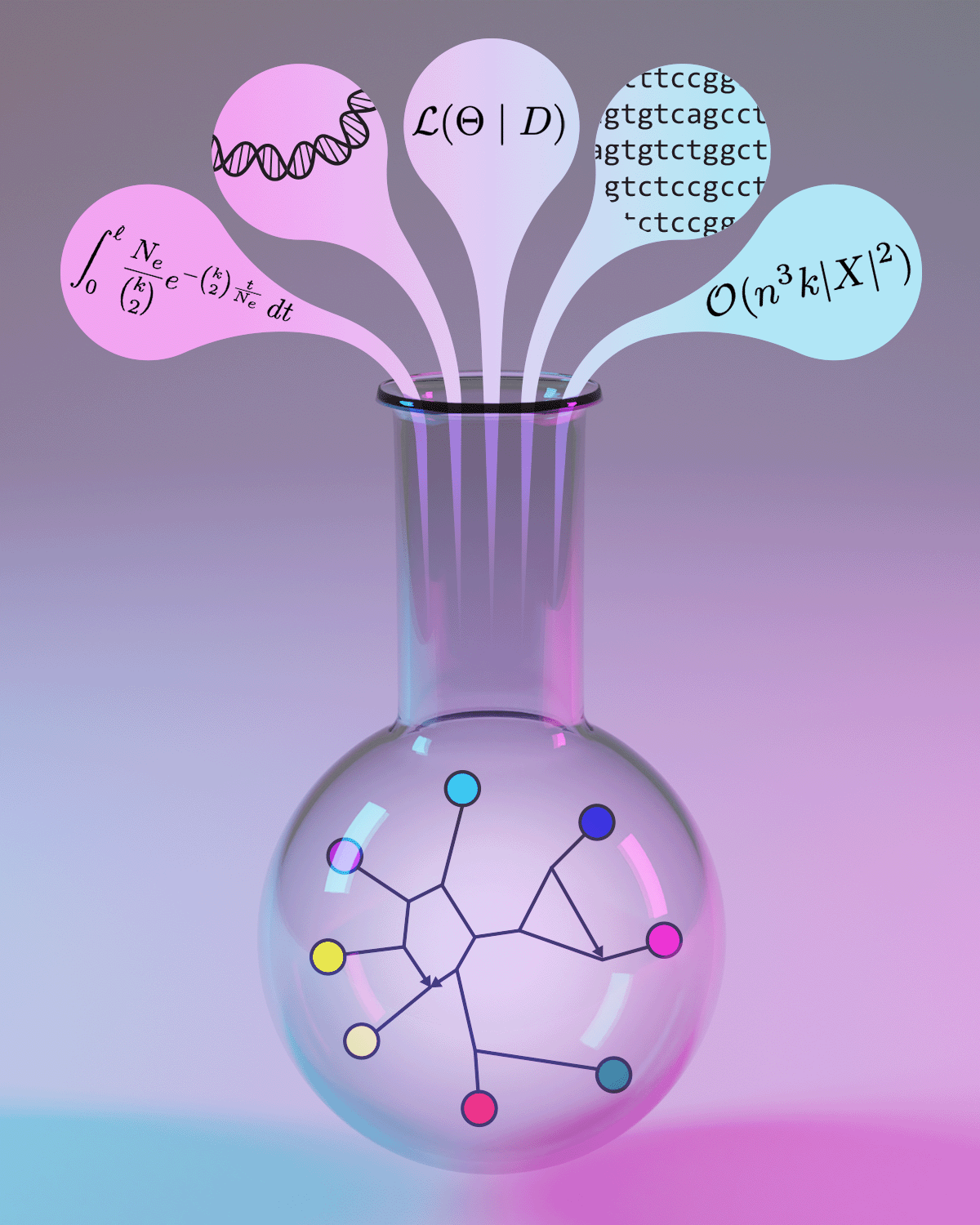
Modeling and Simulations in Fluids
Sep 7 - 8, 2024
Understanding the dynamics of unpredictable systems such as turbulent mixing and combustion has been one of the most important and challenging problems in scientific and engineering applications. The validation, verification, and uncertainty quantification (VVUQ) studies are crucial to achieving reliable and accurate results through high-fidelity multi-physics and multi-scale modeling and simulations. This workshop honors Dr. James Glimm, member of the National Academy of Science and the American Academy of Arts and Sciences, and winner of the National Medal of Science for his outstanding contributions to computational fluid dynamics.
The workshop themes include analysis, modeling, and computation of partial differential equations and applications in turbulent mixing and combustion. The workshop will bring together researchers to highlight recent advances and challenges in modeling and simulations of realistic fluid flows. Topics will include: (1) interface instabilities; (2) mixing... (more)
Organizing Committee
- Remi Abgrall
- Tulin Kaman
- Gretar Tryggvason
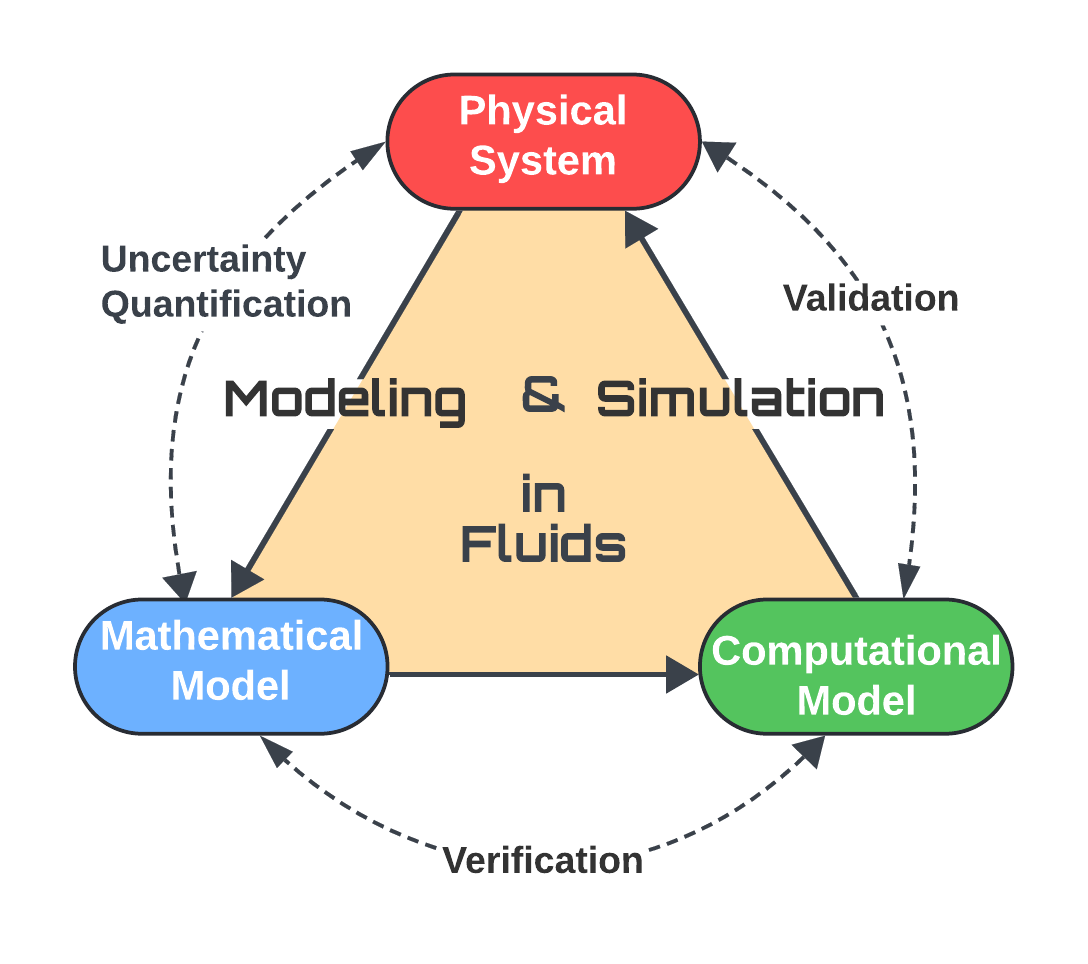
Robust Optimization and Simulation of Complex Stochastic Systems
Sep 13 - 15, 2024
The program will explore different perspectives on uncertainty quantification, efficient simulation, and the analysis of complex stochastic systems. The topics covered will include exciting recent developments on efficient methods for approximating quasi-stationary distributions, simulation of equilibrium distributions, information divergences in sensitivity analysis of rare events, large deviations methods for efficient importance sampling, accelerated Monte Carlo via nonlinear PDE, and complex probabilistic models including reflected diffusions and high-dimensional dynamics arising in chemistry and physics.
Organizing Committee
- Rami Atar
- Amarjit Budhiraja
- Kavita Ramanan
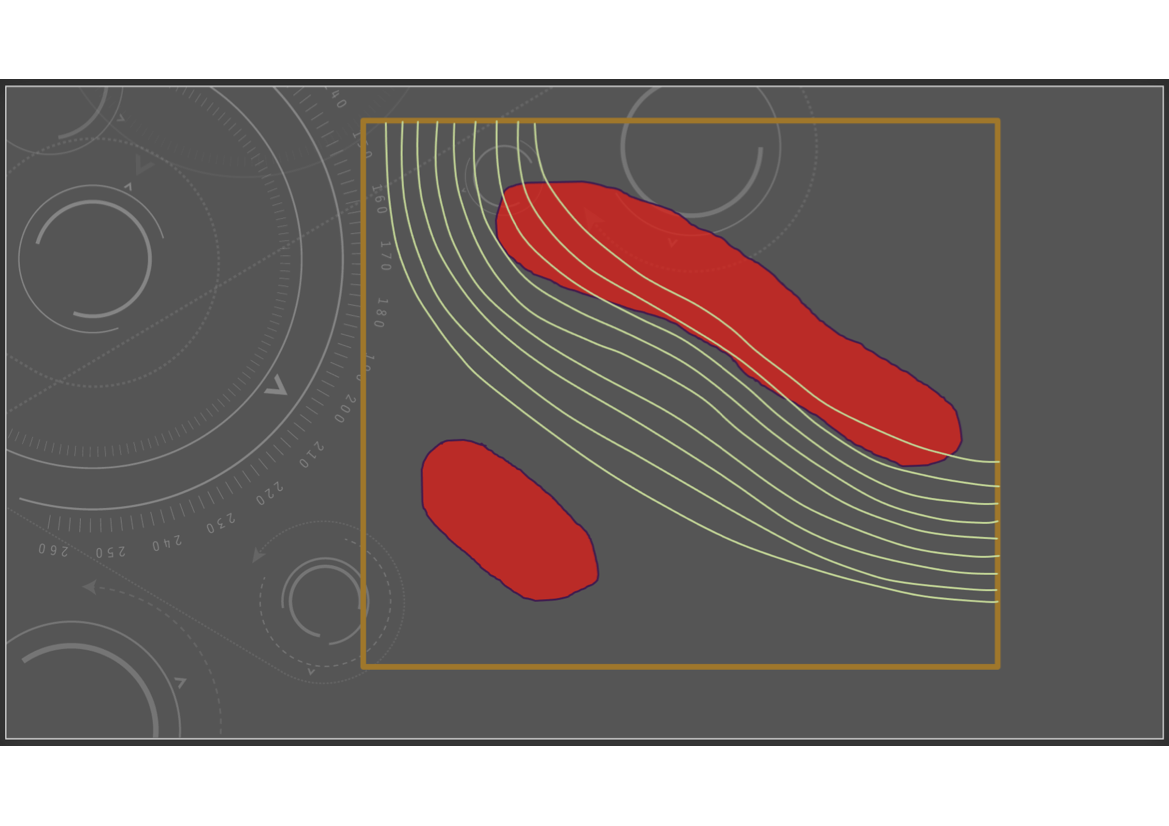
Current Methods and Open Problems in Mathematical and Statistical Phylogenetics
Sep 16 - 20, 2024
Computational phylogenetic methods have become essential tools for understanding the evolutionary relationships that underlie much life science research. Motivated by biological questions and insights, built on a broad spectrum of mathematical and statistical ideas and approaches, and implemented through novel and sophisticated algorithmic design, their development draws from multiple fields. Bringing together researchers spanning disciplinary perspectives and techniques, this workshop will present a diverse sample of work addressing current challenges in phylogenetics, with an eye toward future progress.
Organizing Committee
- Laura Kubatko
- John Rhodes
- Sebastien Roch
- David Sankoff
- Tandy Warnow
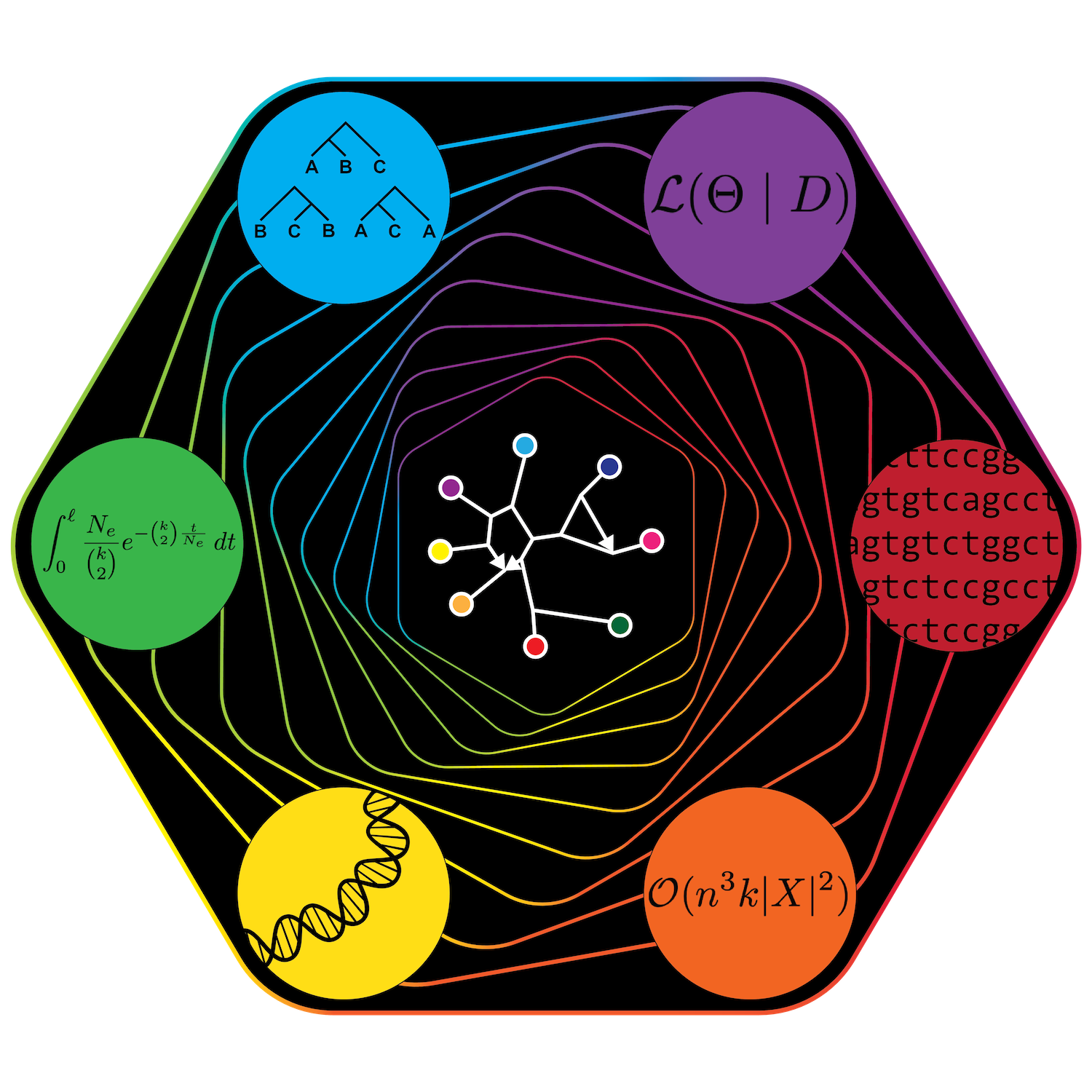
From Phylogenetics to Phylogenomics: Mathematical and Statistical Challenges in the Era of Big Data
Oct 21 - 25, 2024
The unprecedented amount of genomic data that has become readily available presents specific challenges for the field of phylogenetic inference, which is concerned with estimating the evolutionary relationships among collections of species, populations, or sequences. These challenges include the development of evolutionary models that are sufficiently complex to be biologically realistic while remaining computationally tractable; deriving and implementing algorithms to efficiently estimate phylogenetic relationships that use models whose theoretical properties are well-understood and therefore interpretable; and devising ways to scale novel methodology developed to handle datasets that are increasingly large and complex.
This workshop focuses on statistical modeling and the scaling of phylogenetic methods. Topics will include modeling (e.g. multispecies coalescent model with extension to networks; diversification models) and inference with speed to scale to genomic datasets,... (more)
Organizing Committee
- Cécile Ané
- Mareike Fischer
- Tracy Heath
- Leo van Iersel
- Norbert Zeh
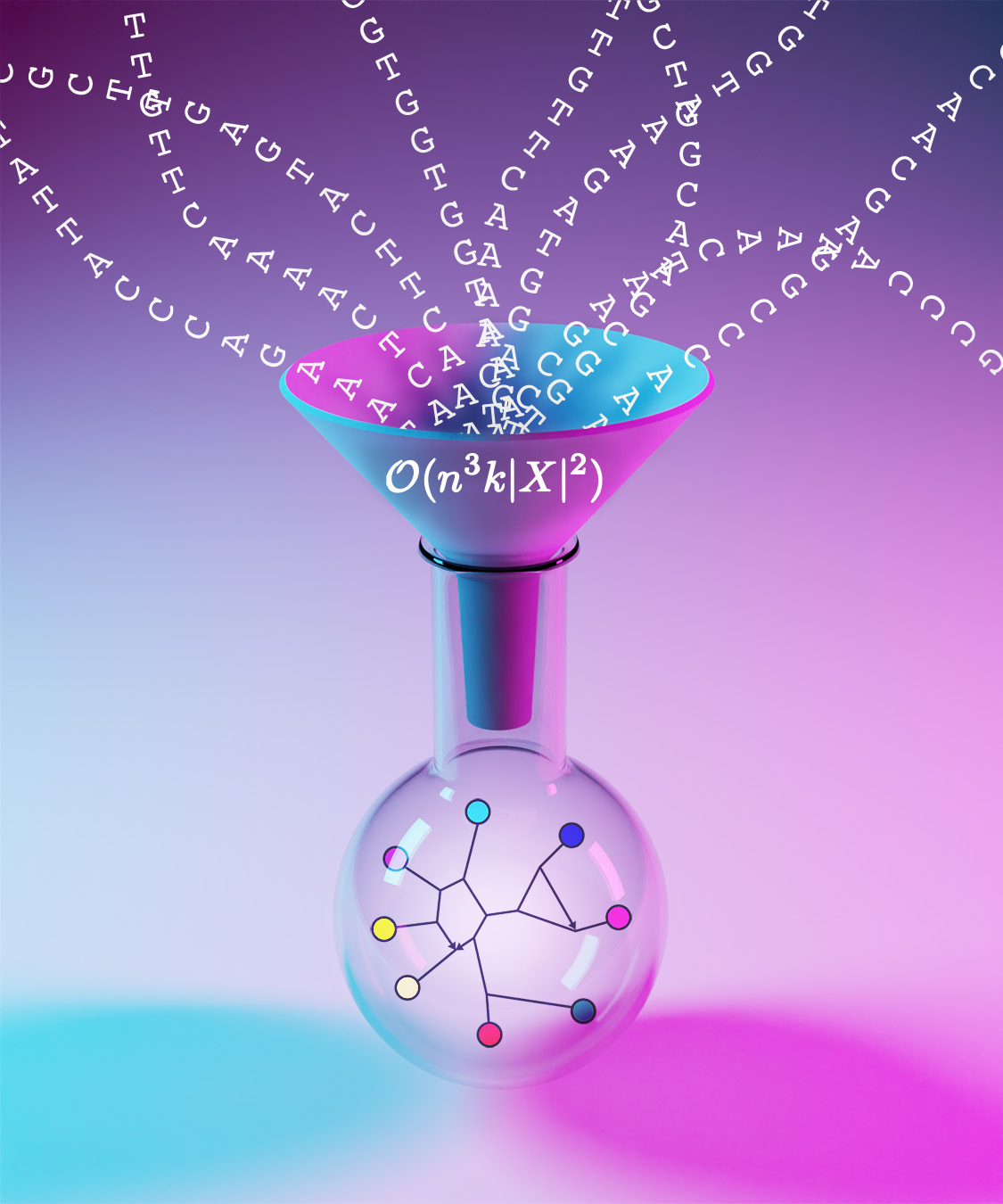
Blackwell-Tapia Conference 2024
Nov 15 - 16, 2024
The NSF Mathematical Sciences Institutes Diversity Committee hosts the 2024 Blackwell-Tapia Conference and Award Ceremony. The conference and prize honor Dr. David Blackwell, the first African-American member of the National Academy of Science, and Dr. Richard Tapia, winner of the National Medal of Science in 2010, two seminal figures who have inspired generations of Black, Latinx, and Indigenous students and researchers in the mathematical sciences.
The Blackwell-Tapia Prize recognizes a mathematical scientist who has made outstanding contributions to research in their field of expertise and served as a role model for mathematical scientists and students from underrepresented groups, or has contributed in significant ways to addressing the underrepresentation of minorities in math.
The 2024 recipient of the Blackwell-Tapia Prize is
Organizing Committee
- Rodrigo Banuelos
- Ron Buckmire
- Brendan Hassett
- Robert Megginson
- Tatiana Toro
- Ulrica Wilson
